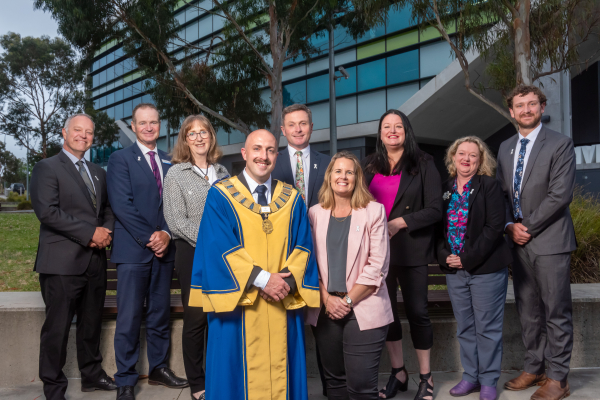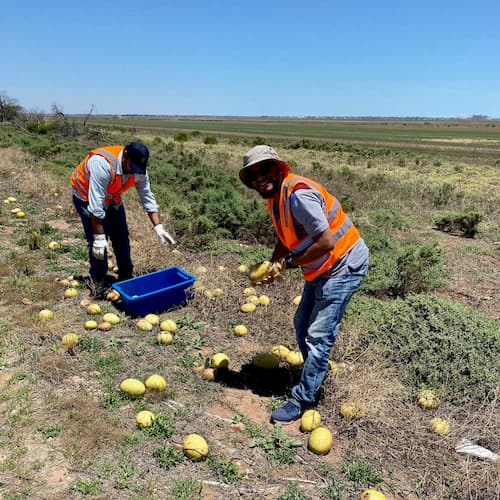There is no mass hunger strike at the Melbourne Immigration Transit Accommodation (MITA). While some detainees are refusing to attend regular meal times as part of a protest, they continue to eat and drink in other parts of the facility.
The ABF strongly refutes claims that conditions in immigration detention facilities are inhumane.
Detainees in immigration detention are given access to good food, medical care, educational programmes, cultural, recreational and sporting activities, internet and computer facilities, televisions, and clean, comfortable sleeping quarters that include mattresses.
The detention population has changed considerably in recent years with a significant number of the population having their visa cancelled on character grounds, based on criminal convictions and links to criminal associations such as outlaw motorcycle gangs or organised crime.
On this basis, detention facilities and amenities are designed to be comfortable, while also ensuring the safety and security of detainees, staff and the public.
The ABF refutes claims that a detainee at MITA was physically restrained for asking a question about his meal. All reasonable use of force within detention facilities is undertaken within the law, appropriate guidelines, policy and procedures.
Immigration detention is used as a last resort and, where possible, unlawful non-citizens are accommodated in the community or in less restrictive alternative places of detention. Individuals whose visas have expired or been cancelled, and who have exhausted all options to stay in Australia, are encouraged to leave Australia on their own terms.
The time an individual spends in immigration detention depends on a range of factors, including the complexity of their case, the legal processes they pursue and whether they voluntarily choose to leave Australia.
At all times the safety and security of detainees, staff and the community is our number one consideration.







